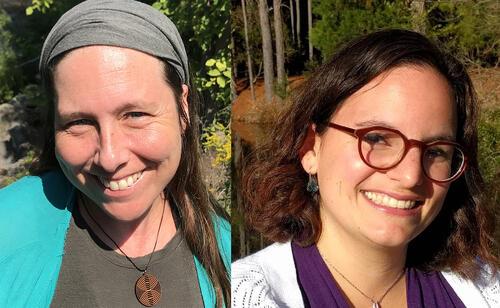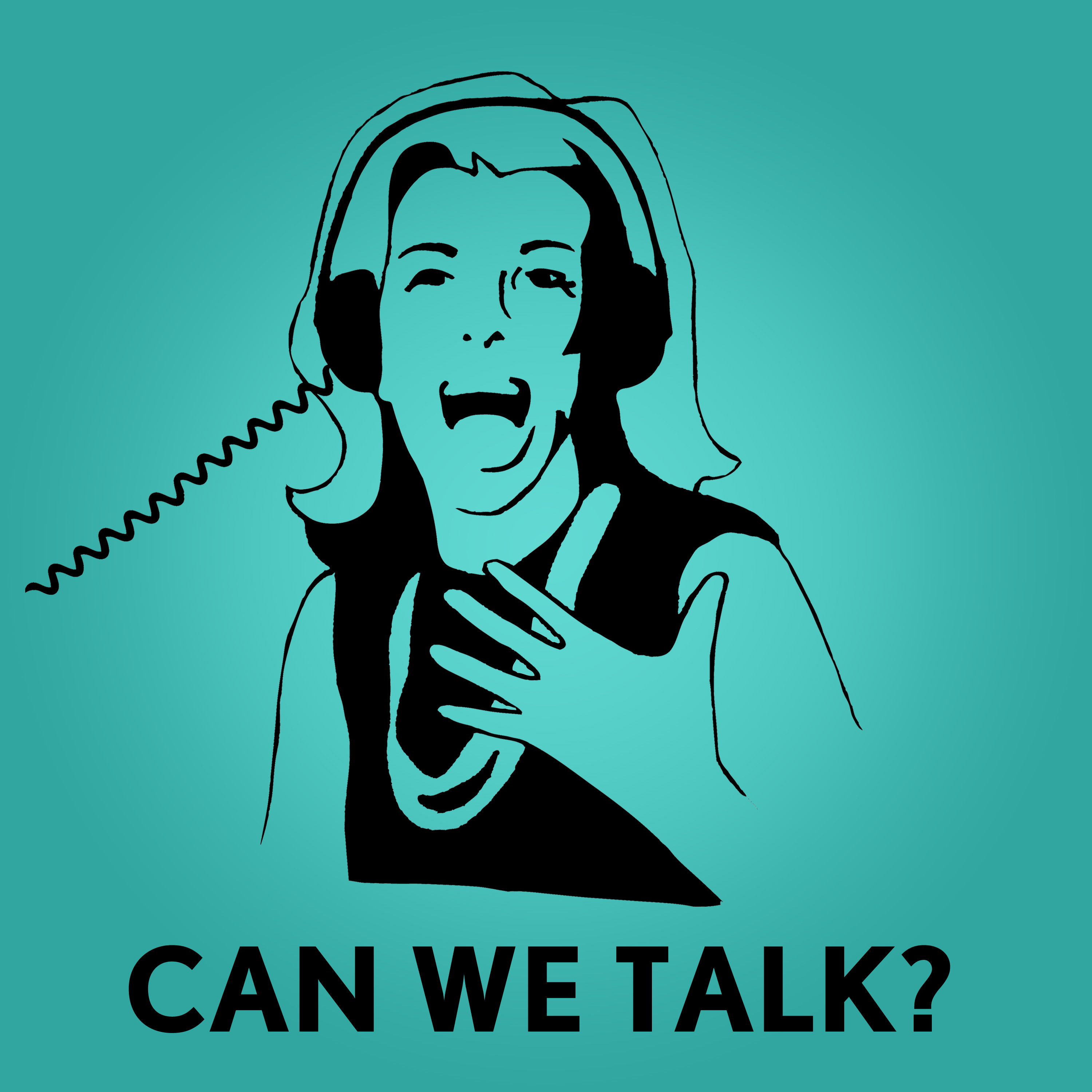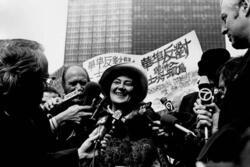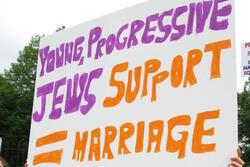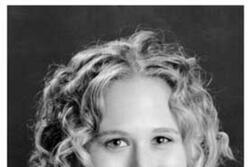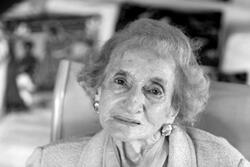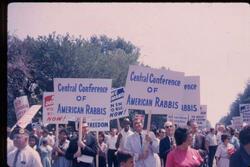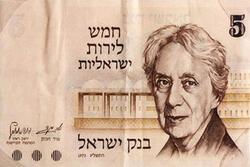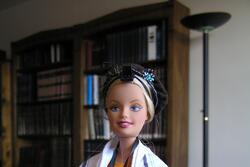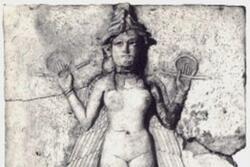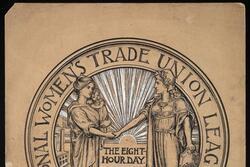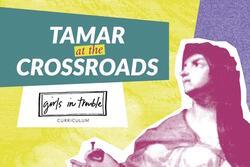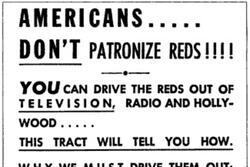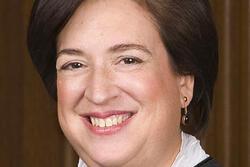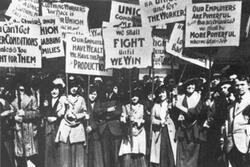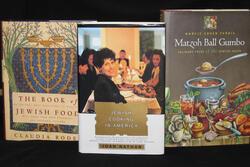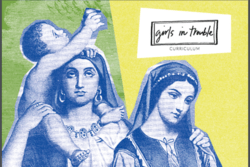Browse Our Curricula
Living the Legacy
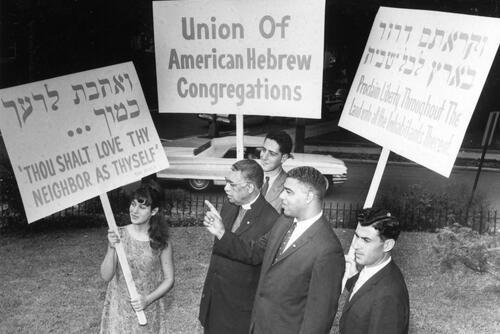
Living the Legacy uses primary sources and personal narratives to explore the roles of American Jews in the Civil Rights and Labor Movements.
Go and Learn
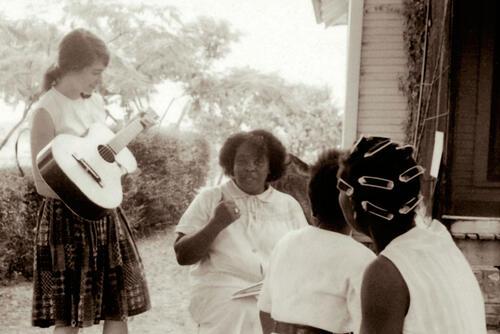
Versatile lesson plans for three different audiences—youth, families, and adults—that include background information, primary source documents, discussion questions, and program extensions.
Girls in Trouble
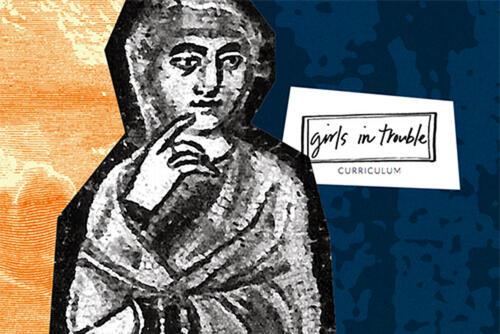
A condensed version of a curriculum by Alicia Jo Rabins, based on Alicia’s indie-folk song cycle of the same name, following individual women through their stories in the Torah.
My Bat Mitzvah Story
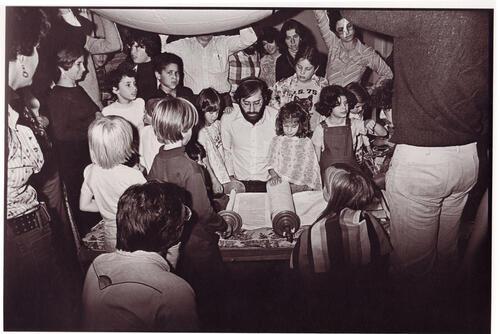
Features lesson guides and resources to help students of all ages and genders explore Jewish identity and history.

